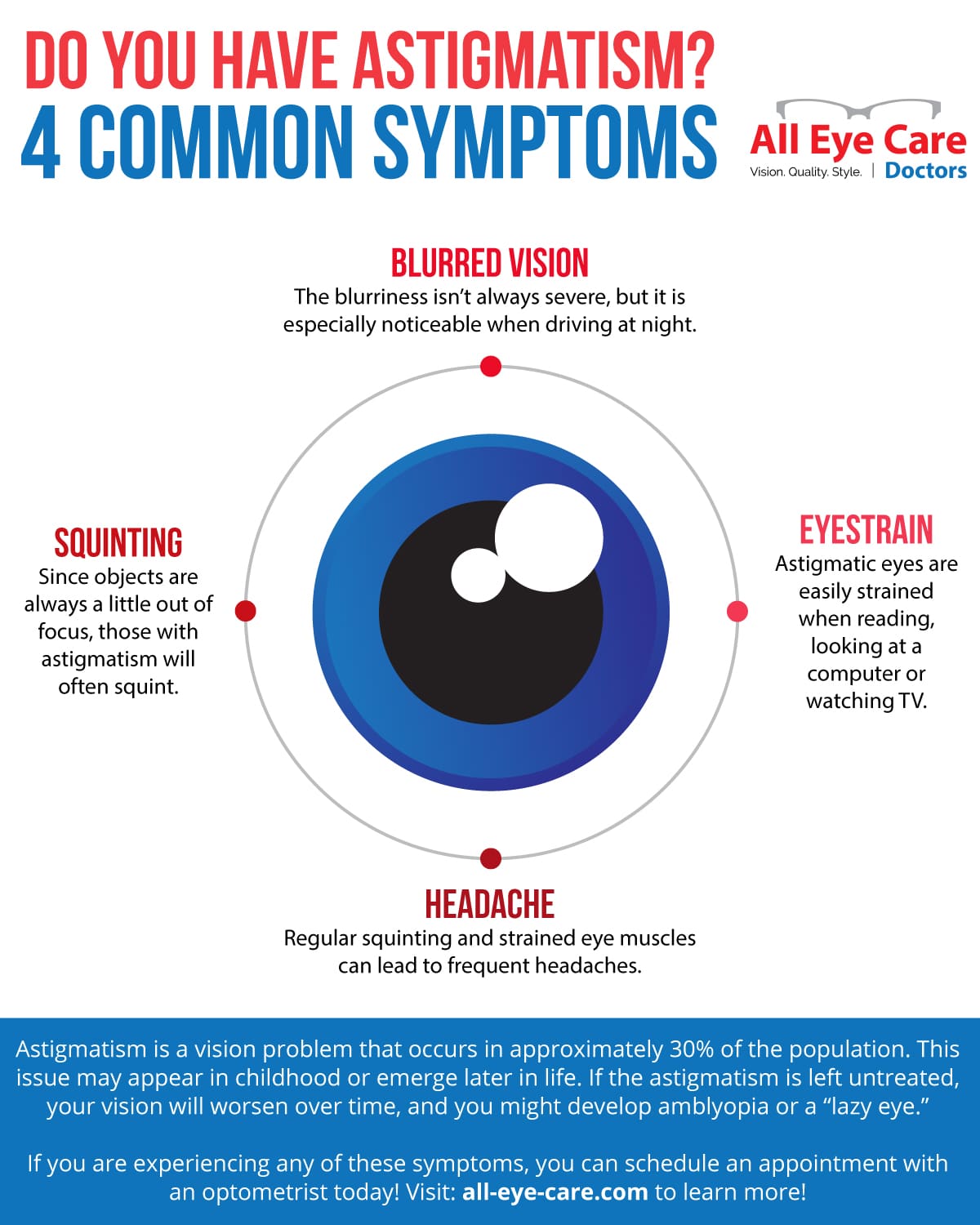Thinking About SMILE Surgical Procedure? Uncover Substantial Factors To Consider And Understandings To Support You In Making A Smart Selection Regarding Your Vision Ahead
Thinking About SMILE Surgical Procedure? Uncover Substantial Factors To Consider And Understandings To Support You In Making A Smart Selection Regarding Your Vision Ahead
Blog Article
Content By-Bridges Patel
If you're pondering SMILE eye surgery, ponder this: are you prepared to accept potential visual liberty, or does the idea of any type of dangers make you hesitate? Your decision will certainly depend upon a careful balance of evaluating the advantages against the unpredictabilities. It's critical to delve deeper into the subtleties of SMILE surgical treatment to make an enlightened choice that aligns with your visual objectives.
Understanding SMILE Eye Surgery
When considering SMILE Eye Surgical procedure, it is necessary to understand the procedure and its benefits. SMILE, which stands for Small Cut Lenticule Extraction, is a minimally invasive laser eye surgery that remedies typical vision issues like nearsightedness (nearsightedness).
Throughout the procedure, your eye doctor will make use of a femtosecond laser to create a tiny laceration in your cornea. Through this cut, a small disc of cells called a lenticule is removed, reshaping the cornea and fixing your vision.
One of the essential advantages of SMILE Eye Surgical treatment is its quick recuperation time. Numerous people experience enhanced vision within a day or more after the treatment, with very little discomfort.
Furthermore, SMILE is known for its high success rate in offering long-term vision correction. Unlike https://www.the-star.co.ke/news/big-read/2018-12-12-liberated-from-a-life-of-glasses-how-laser-surgery-changes-lives/ , SMILE doesn't call for the production of a flap in the cornea, lowering the danger of complications and enabling a more steady corneal structure post-surgery.
Comprehending the procedure and its benefits is important when thinking about SMILE Eye Surgical procedure for vision adjustment.
Benefits and drawbacks of SMILE
Taking Into Consideration SMILE Eye Surgery for vision modification comes with different benefits and possible disadvantages.
Among the main pros of SMILE is its minimally intrusive nature, as it involves a tiny incision and normally leads to fast healing times. The procedure is also known for creating marginal discomfort and dry eye symptoms post-surgery compared to various other vision correction approaches. In addition, SMILE has actually been shown to offer exceptional aesthetic outcomes, with lots of patients achieving 20/20 vision or far better.
On the other hand, a prospective con of SMILE is that it may not appropriate for people with serious refractive errors, as the therapy variety is rather minimal contrasted to LASIK. An additional consideration is that the knowing contour for cosmetic surgeons carrying out SMILE can impact the schedule of experienced companies in certain locations.
It is essential to consider these benefits and drawbacks thoroughly when making a decision if SMILE is the appropriate option for your vision improvement demands.
Figuring Out Qualification for SMILE
To identify if you're eligible for SMILE eye surgical procedure, your optometrist will conduct a comprehensive assessment of your eye health and wellness and vision demands. During this analysis, aspects such as the stability of your vision prescription, the density of your cornea, and the total health and wellness of your eyes will be assessed.
Usually, cataract surgery what is it for SMILE more than 22 years old, have a secure vision prescription for a minimum of a year, and have healthy and balanced corneas without problems like keratoconus.
Your eye doctor will certainly also consider your overall eye wellness, any type of existing eye conditions, and your lifestyle needs to establish if SMILE is the ideal option for you. It's vital to communicate any type of details aesthetic needs or problems you may have during this evaluation to ensure that the therapy lines up with your assumptions.
If you aren't qualified for SMILE, your ophthalmologist might recommend alternate vision adjustment alternatives that far better match your specific demands and eye wellness status.
Conclusion
Ultimately, determining whether SMILE eye surgical treatment is right for you calls for cautious consideration of your specific eye health and aesthetic requirements. Seek advice from your optometrist to establish your qualification for the procedure and consider the possible advantages and disadvantages. Keep in mind to communicate any type of issues or inquiries you might have throughout the assessment process to make an enlightened choice regarding your vision correction alternatives.
